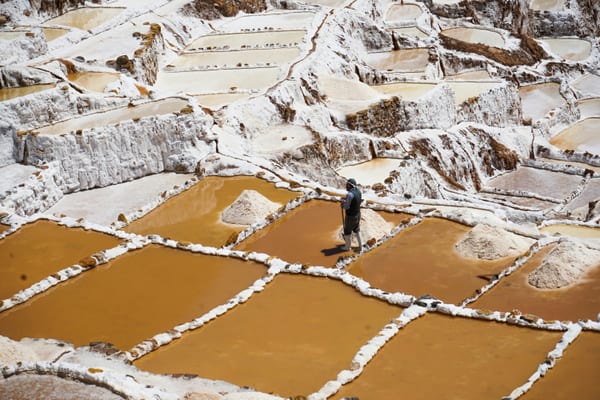The Nairobi Process - a pact for responsible business
22 December 2012

Recent discoveries of oil, gas and valuable minerals in Kenya have put a sharp focus on the potential of the extractive sector to contribute to the country’s economic development. For the country to realise the benefits of its natural resource endowments, national policies, laws and regulations are needed that secure the necessary foreign and local investment, maximise the economic and social benefits to citizens while minimizing, and provide for remediation of the negative impacts that accrue from resource extraction.
The Nairobi Process, IHRB’s initiative in East Africa, aims to embed the protection of and respect for human rights, transparency and accountability. Our work with businesses, government and civil society seeks to collaboratively address key areas of human rights concerns in the East African extractive sector and on business and human rights more generally in the region. We do this through:
- Extractive Sector Forum: Active multi-stakeholder dialogue on human rights issues is key to achieving transparency and accountability in the extractive sector. Held quarterly, the Extractive Sector Forum offers a safe space for interactive discussions on human rights concerns and possible approaches towards their resolution.
- Policy and Regulatory Analysis: IHRB’s analyses of the evolving policy and regulatory framework consistently advocates for the Government of Kenya to strengthen the integration of international and regional human rights standards into national frameworks governing business and human rights, particularly in the extractive sector. IHRB is supporting the Government of Kenya in developing its Business and Human Rights National Action Plan – the first African country to do so.
- Capacity Building: IHRB’s work supports capacity building of national human rights institutions and civil society organisations in East Africa to better engage businesses and governments in achieving corporate respect for human rights.



